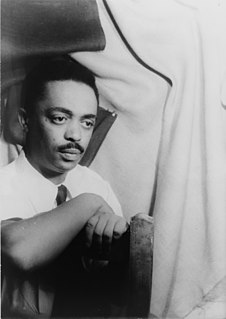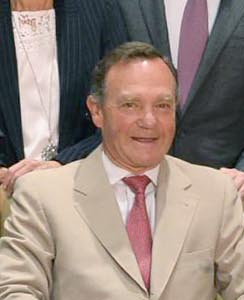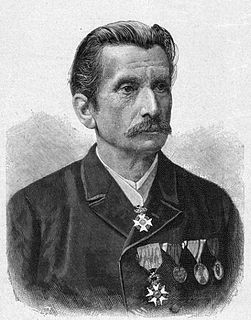A Quote by Moliere
New-born desires, after all, have inexplicable charms, and all the pleasure of love is in variety.
Related Quotes
Who you really are is Non-Physical Energy focused in a physical body, knowing full well that all is well and always has been, and always will be. You are here to experience the supreme pleasure of concluding new desires, and then of bringing yourself into vibrational alignment with the new desires that you've concluded, for the purpose of taking thought beyond that which it has been before.
At the heart of our desires is eternal happiness without the slightest hint of misery. You could say that we are pleasure seekers; however, seeking pleasure from the objects of our five senses produces fleeting moments of pleasure whereas, pleasure of one's self, a soul, is eternal and ever-increasing pleasure.
I'm not the "not-working" type. I derive pleasure from my work. Work gives me relaxation too. Every moment I am thinking of something new: making a new plan, new ways to work. In the same way that a scientist draws pleasure from long hours in the laboratory, I draw pleasure in governance, in doing new things and bringing people together. That pleasure is sufficient for me.
To be born again is, as it were, to enter upon a new existence, to have a new mind, a new heart, new views, new principles, new tastes, new affections, new likings, new dislikings, new fears, new joys, new sorrows, new love to things once hated, new hatred to things once loved, new thoughts of God, and ourselves, and the world, and the life to come, and salvation.
Distance running was revered because it was indispensable; it was the way we survived and thrived and spread across the planet. You ran to eat and to avoid being eaten; you ran to find a mate and impress her, and with her you ran off to start a new life together. You had to love running, or you wouldn't live to love anything else. And like everything else we love-everything we sentimentally call our 'passions' and 'desires'-it's really an encoded ancestral necessity. We were born to run; we were born because we run.
It has been said that in the New Testament doctrine is grace; and ethics is gratitude; and something is wrong with any form of Christianity in which, experimentally and practically, this saying is not being verified. Those who suppose that the doctrine of God's grace tends to encourage moral laxity are simply showing that, in the most literal sense, they do not know what they are talking about. For love awakens love in return; and love, once awakened, desires to give pleasure.
There are two very natural propensities which we may distinguish in the most virtuous and liberal dispositions, the love of pleasure and the love of action. If the former is refined by art and learning, improved by the charms of social intercourse, and corrected by a just regard to economy, to health, and to reputation, it is productive of the greatest part of the happiness of private life.






































